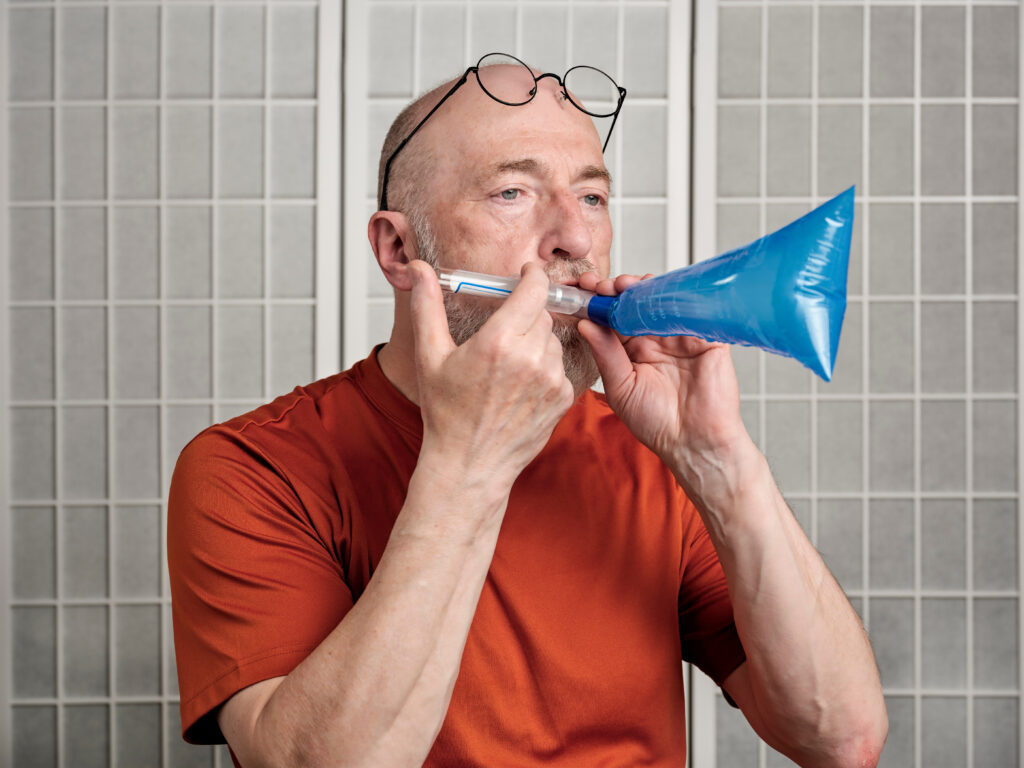SIBO
Small Intestine Bacterial Overgrowth
Dr. Kolotinsky’s Naturopathic Medicine approach to Small Intestine Bacterial Overgrowth (SIBO) can help you understand what’s happening in your body on a root-cause level and give you the tools, education, and treatment options you need to manage your condition, keep it under control and even thrive.
What is Small Intestine Bacterial Overgrowth (SIBO)?
Small Intestine Bacterial Overgrowth (SIBO) is characterized by an abnormally high concentration of bacteria in the small intestine. Some bacteria are always present in the small intestine; however, with Small Intestine Bacterial Overgrowth (SIBO), there is a problematic pathogenic bacterial overgrowth and normal flora from another bodily region, such as the large intestine, interfering with the proper digestion, absorption, and assimilation of the small intestine.
What are the Symptoms of Small Intestine Bacterial Overgrowth (SIBO)?
Small Intestine Bacterial Overgrowth (SIBO) symptoms can include:
- Gas & Bloating
- Abdominal pain & cramps
- Indigestion & acid reflux
- Nausea
- Diarrhea
- Constipation
- Fatigue
- Hiccups
There are additional symptoms of Small Intestine Bacterial Overgrowth (SIBO) that may seem unrelated to the gut, including:
- Acne, eczema, rosacea, & other skin conditions
- Nutrient malabsorption
- Weight loss
- Joint pain
- Mood changes: Anxiety & Depression
- Restless legs syndrome
- Hair loss
- Endometriosis & other gynecological conditions

What are the Causes of Small Intestine Bacterial Overgrowth (SIBO)?
Stress
Stress can be a significant factor in developing Small Intestine Bacterial Overgrowth (SIBO). The gut-brain axis, the biochemical communication system between the gastrointestinal tract and the central nervous system, explains how stress affects the digestive system. When a person is stressed, the brain sends messages to the stomach to slow down digestion. Specifically, stomach acid production drops, and colon motility slows down. In addition, stress has been shown to negatively affect immune function and increase inflammation, thus creating an ideal environment for Small Intestine Bacterial Overgrowth (SIBO).
Excessive Antibiotic Usage
Antibiotics kill both pathogenic bacteria and the body’s normal, healthy flora. When antibiotics are taken frequently, especially without probiotics, the opportunity exists for typically non-invasive bacteria to create new homes and crowd out the normal flora. This allows harmful bacteria to overgrow, which can lead to Small Intestine Bacterial Overgrowth (SIBO).
The stomach’s function of producing hydrochloric acid helps break down proteins and absorb vitamin B12. The resulting acidic environment also serves another purpose: inhibiting the growth of bacteria that would otherwise be harmful. However, when too much acid is produced or insufficient acid is produced (such as in the case of stress, advanced age, prolonged vegetarian or vegan diets, or use of proton pump inhibitors), the pH level of the stomach rises, and bacteria can survive, enter the small intestine and lead to Small Intestine Bacterial Overgrowth (SIBO).
Compromised Immune Function
Usually, our gut’s immune system keeps out invading bacteria by secreting mucus containing immunoglobulins to control bacteria in the small intestines. However, if our immune system is compromised due to stress, taking immune suppressive drugs (e.g., steroids), nutrient deficiencies, or poor sleep habits, the beneficial bacteria that keep harmful bacteria in check can become out of balance.
Dysmotility
Dysmotility occurs when the digestive system muscles become impaired and no longer move food waste efficiently. This allows bacteria to attach to the wall of the small intestines and proliferate. Supporting motility is crucial for recovering from Small Intestine Bacterial Overgrowth (SIBO) and preventing relapse. The migrating motor complex (MMC) emits cleansing sweeps along the colon, which are controlled by rhythmic contractions. Other underlying conditions, such as hypothyroidism, diabetes, and lupus, can lead to dysmotility.

An Naturopathic Medicine Approach to Treating Small Intestine Bacterial Overgrowth (SIBO)
Conventional doctors will most commonly prescribe antibiotics to treat Small Intestine Bacterial Overgrowth (SIBO). Antibiotics work to kill off harmful bacteria, but they also kill off good, and over time this can lead to further issues with your gut and digestive systems and even more health complications.
Dr. Kolotinsky takes a naturopathic medicine approach to treating Small Intestine Bacterial Overgrowth (SIBO), looking past your symptoms and addressing your health issues from the root.
From Dr. Kolotinsky’s personal experience with Small Intestine Bacterial Overgrowth (SIBO), extensive education, and clinical practice, he recognizes that the best approach to treating Small Intestine Bacterial Overgrowth (SIBO) is through a naturopathic medicine approach that focuses on the whole person, not just the presenting symptoms.
Dr. Kolotinsky considers each individual’s health history, diet, and lifestyle to determine the root cause of their Small Intestine Bacterial Overgrowth (SIBO) diagnosis and how to address it from the inside out.
Supplementation
Herbal antibiotics may be just as effective as conventional antibiotic treatment for the treatment of Small Intestine Bacterial Overgrowth (SIBO), and they have fewer side effects and relapse rates.
Diet
Dr. Kolotinsky uses his nutrition expertise and his knowledge of naturopathic medicine for digestive health to help patients understand what foods they need to eliminate, which ones they can reintroduce, and how to find a balance between the two. In addition to helping patients with the diet plan, Dr. Kolotinsky also works with them on finding ways they can still enjoy their favorite foods while ensuring they stay on track with their treatment plan.
Stress Reduction
Stress management techniques, such as breathing and meditation, are essential for managing and treating Small Intestine Bacterial Overgrowth (SIBO). Stress can be the number one cause of Small Intestine Bacterial Overgrowth (SIBO) by inhibiting recovery and causing relapse.
- A detailed explanation of how these techniques work
- Instructions on how to practice these techniques at home
- A list of resources you can use to learn more about SIBO and the mind-body connection

Lab Testing
Dr. Kolotinsky believes education is key to your healing journey. While working together, you’ll learn how to heal, better listen to your body, understand the signals it sends you, and manage your health through simple and achievable lifestyle changes.
In Small Intestine Bacterial Overgrowth (SIBO) patients, Dr. Kolotinsky recommends a combination of probiotics, nutraceuticals, and herbs to replenish the good bacteria in your gut to keep it balanced while fighting the harmful bacteria to reduce inflammation in your digestive tract.

